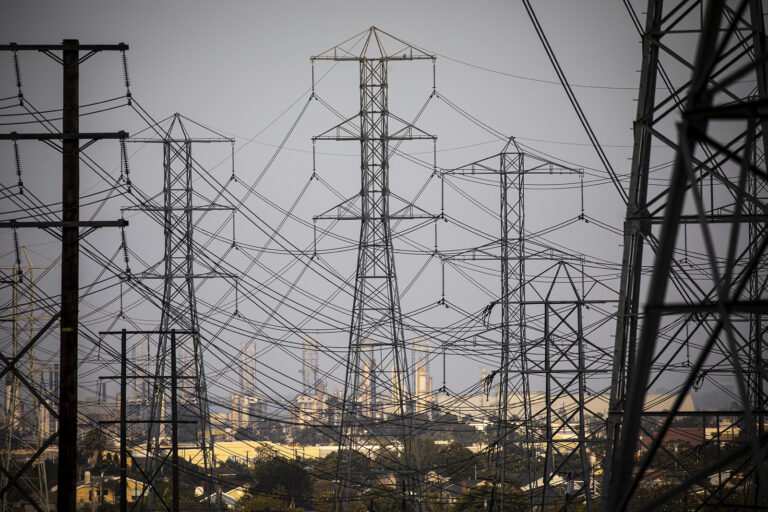
A man was arrested after investigators say he crashed his car through the gate at a solar energy plant in Las Vegas, Nevada and then set the vehicle on fire near a transformer at the plant in the beginning of January.
Mohammed Reza Mesmarian, 34, told police “I burned it” after he was arrested on Jan. 5, the Associated Press reported. Mesmarian said he set the damaging fire at the solar power plant to send a message in support of clean energy.
“Mesmarian admitted he knew setting a vehicle on fire could cause damage to the (transformer) unit, but stated he did it for the big message, larger picture, greater good,” reads Las Vegas Metropolitan Police arrest report.
Mesmarian told officers that “the greater good” was clean energy.
Mesmarian could face arson and terrorism charges, but he first has to undergo a mental health evaluation.
The same week Mesmarian was arrested by area police, FBI agents arrested two more individuals suspected to have attacked four different power stations in Pierce County, Washington. The attacks left 15,000 people without power during the Christmas holiday.
The suspects in that case, Matthew Greenwood, 32, and Jeremy Crahan, 40, are alleged to have tampered with switches at the four facilities and shot at other equipment, causing $3 million worth of damage that could take about 36 months to repair.
Other recent attacks on the energy grid occurred in Oregon and North Carolina.
This week, the U.S. Department of Justice also announced charges against Brandon Russell, 27, and Sarah Clendaniel, 34, who were allegedly plotting to destroy an energy facility in Maryland. The pair allegedly discussed ways to damage electrical substations as far back as June 2022.
The Daily Mail recently reported portions of the U.S. power grid were physically attacked 107 times in the first eight months of 2022. The suspects in many of these attacks remain unidentified.
A report published in September George Washington University’s Program on Extremism found that 39 suspected Salafi-jihadist plots and 55 suspected white supremacist plots to attack critical infrastructure had been uncovered between January 1, 2016 and August 1, 2022.
The university report also found non-Salafi jihadists (such as Hezbollah), militia violent extremists, anarchist and left-wing violent extremists, violent extremists inspired by conspiracy theories like QAnon, and single-issue violent extremists (such as those motivated by abortion or environmentalism) have committed or plotted significant attacks against U.S. critical infrastructure in the same time period.
0 comments :
Post a Comment